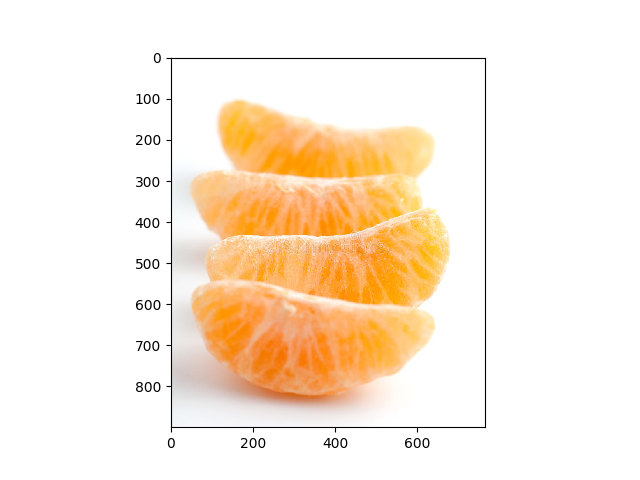Note
Click here to download the full example code
Classifying Segments Directly with a Neural Network¶
This is a basic example using a convolutional recurrent neural network to learn segments directly from time series data

Out:
N series in train: 105
N series in test: 35
N segments in train: 1783
N segments in test: 586
Accuracy score: 0.19112628698349
<matplotlib.image.AxesImage object at 0x7f4be44983c8>
# Author: David Burns
# License: BSD
import matplotlib.image as mpimg
import matplotlib.pyplot as plt
from tensorflow.python.keras.layers import Dense, LSTM, Conv1D
from tensorflow.python.keras.models import Sequential
from tensorflow.python.keras.wrappers.scikit_learn import KerasClassifier
from sklearn.model_selection import train_test_split
from seglearn.datasets import load_watch
from seglearn.pipe import Pype
from seglearn.transform import Segment
def crnn_model(width=100, n_vars=6, n_classes=7, conv_kernel_size=5,
conv_filters=3, lstm_units=3):
input_shape = (width, n_vars)
model = Sequential()
model.add(Conv1D(filters=conv_filters, kernel_size=conv_kernel_size,
padding='valid', activation='relu', input_shape=input_shape))
model.add(Conv1D(filters=conv_filters, kernel_size=conv_kernel_size,
padding='valid', activation='relu'))
model.add(LSTM(units=lstm_units, dropout=0.1, recurrent_dropout=0.1))
model.add(Dense(n_classes, activation="softmax"))
model.compile(loss='categorical_crossentropy', optimizer='adam',
metrics=['accuracy'])
return model
# load the data
data = load_watch()
X = data['X']
y = data['y']
# create a segment learning pipeline
pipe = Pype([('seg', Segment(width=100, step=100, order='C')),
('crnn', KerasClassifier(build_fn=crnn_model, epochs=1, batch_size=256, verbose=0))])
# split the data
X_train, X_test, y_train, y_test = train_test_split(X, y, test_size=0.25, random_state=42)
pipe.fit(X_train, y_train)
score = pipe.score(X_test, y_test)
print("N series in train: ", len(X_train))
print("N series in test: ", len(X_test))
print("N segments in train: ", pipe.N_train)
print("N segments in test: ", pipe.N_test)
print("Accuracy score: ", score)
img = mpimg.imread('segments.jpg')
plt.imshow(img)
Total running time of the script: ( 0 minutes 7.691 seconds)